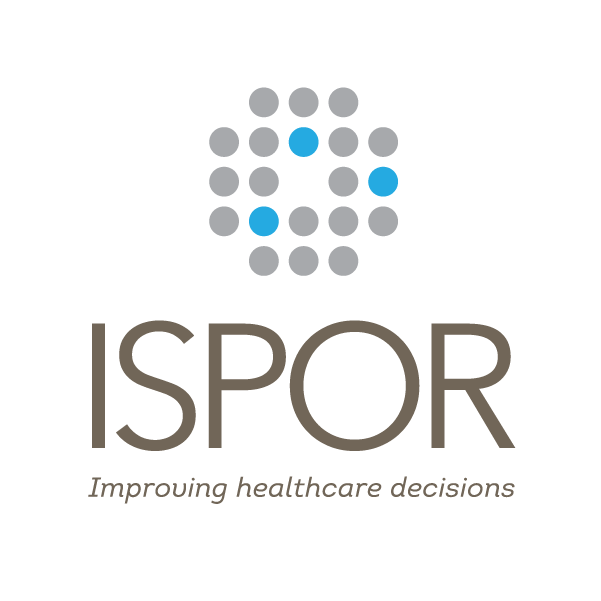Newswise — Washington, DC —May 25, 2016—The International Society for Pharmacoeconomics and Outcomes Research (ISPOR) third plenary session for the Society’s 21st Annual International Meeting—Contemporary Regulatory and Legislative Issues in Health Outcomes Research—was held this morning in Washington, DC, USA.
The plenary was moderated by Daniel C. Malone, PhD, RPh, ISPOR President and Professor of Pharmacy, College of Pharmacy and Associate Professor, Mel and Enid Zuckerman College of Public Health, University of Arizona, Tucson, AZ, USA.
Marc M. Boutin, JD, Chief Executive Officer, National Health Council, Washington, DC, USA spoke on contemporary regulatory and legislative issues in health outcomes research. He emphasized the importance of including the patient perspective at every stage of the drug development process. He noted that patients are very concerned with safety, but that patients must balance the risk/benefit assessment of the product with the risk/benefit appraisal of their disease.
Gregory W. Daniel, PhD, MPH, RPh, Deputy Director, Duke-Robert J. Margolis, MD Center for Health Policy, Duke University, Washington, DC, USA spoke on the issue of enhancing the application of real-world evidence in regulatory decision-making. He noted that costly new specialty drugs are a major driver of increased health spending and that this is one factor driving increased stakeholder and policy-maker interest in real-world evidence. Daniel also spoke about the shift from fee-for-service payment to other models that link payment to value and outcomes.
Kay Holcombe, MS, Senior Vice President, Science Policy, BIO, Washington, DC, USA reviewed how the Prescription Drug User Fee Act (PDUFA) intersects with 21st Century Cures and Senate Innovation Initiative. She gave a broad overview of the genesis and development of the PDUFA program. Holcombe reviewed the progression starting with PDUFA I—a program that was established in 1992 as an innovative approach to establish user fees as a way to provide much-needed funding for the US Food and Drug Administration (FDA) in order to reduce FDA review time for new drugs—to where we are today with PDUFA V. Holcombe concluded by noting that even very promising new approaches require a deliberative process and that this process must recognize the needs of patients while not exposing them to unacceptable risk.
Theresa M. Mullin, PhD, Director, Office of Strategic Programs, Center for Drug Evaluation and Research, US Food and Drug Administration, Silver Spring, MD, USA spoke on patient focused drug development. She explained that the patient perspective informs the FDA’s drug benefit-risk assessment and a Benefit-Risk Framework has been developed to support this objective. Mullin noted that patients are experts on what it is like to live with their conditions, and that we must continue to further integrate the patient perspective into the product development and decision making process. She concluded by stressing that we need to find out what matters to patients early in the process (i.e., translational/pre-clinical phase). Mullins cautioned that if manufacturers wait to do preference studies until the pre-market stage, they may end up developing a drug that doesn’t matter to patients.
Presentations and slide decks from the ISPOR 21st Annual International meeting can be found here. Interested parties can follow news and developments from the meeting on social media using the hashtag #ISPORDC.
###
ABOUT ISPORThe International Society for Pharmacoeconomics and Outcomes Research (ISPOR) is a nonprofit, international, educational and scientific organization that promotes health economics and outcomes research excellence to improve decision making for health globally. Web: www.ISPOR.org | LinkedIn: www.bit.ly/ISPOR-IN | Twitter: www.bit.ly/ISPOR-T (@ISPORorg) | YouTube: www.bit.ly/ISPOR-YT |Facebook: www.bit.ly/ISPOR-FB
